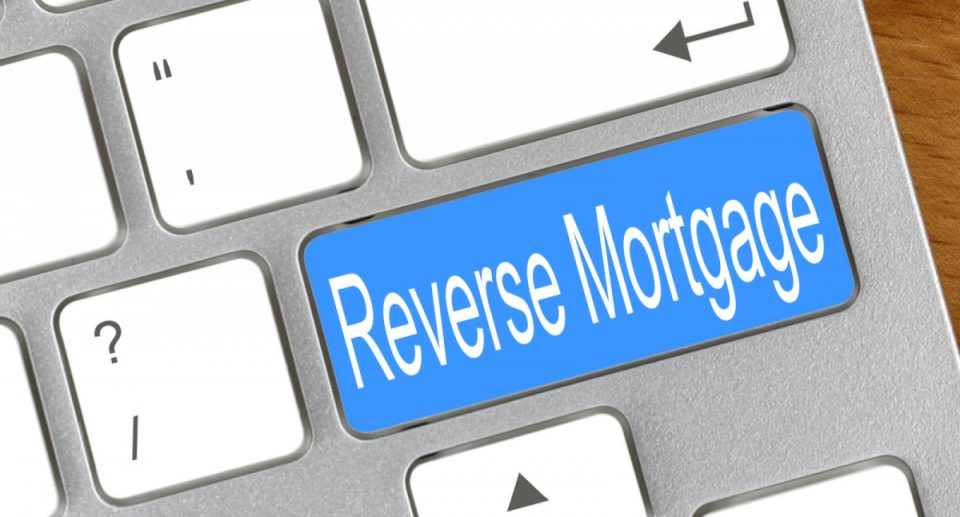What Are the 3 Types of Reverse Mortgages?

As the population ages, financial tools like reverse mortgages are becoming increasingly popular. These mortgages can provide seniors with a steady income stream in retirement by tapping into the equity in their homes. But what exactly are the different types of reverse mortgages, and how can they benefit you? In this comprehensive guide, we’ll delve into the three main types of reverse mortgages: Home Equity Conversion Mortgages (HECMs), proprietary reverse mortgages, and single-purpose reverse mortgages. Understanding the distinctions between these options will help you make an informed decision about whether a reverse mortgage is right for you.
1. Home Equity Conversion Mortgages (HECMs)

Home Equity Conversion Mortgages (HECMs) are the most common type of reverse mortgage and are federally insured by the Federal Housing Administration (FHA). This insurance provides a layer of security, both for the borrower and the lender, ensuring that if the loan balance exceeds the home’s value, the FHA will cover the difference.
Eligibility and Requirements
To qualify for a HECM, borrowers must meet several criteria:
- Be at least 62 years old.
- Own the home outright or have a significant amount of equity.
- Occupy the property as their primary residence.
- Participate in a consumer information session with a HUD-approved counselor.
Loan Amount and Payout Options
The amount you can borrow with a HECM depends on several factors, including your age, the value of your home, and current interest rates. Generally, older borrowers with more valuable homes and lower mortgage balances can access more funds.
HECMs offer various payout options:
- Lump sum: Receive a one-time payment.
- Monthly payments: Either for a fixed term or for as long as you live in the home.
- Line of credit: Access funds as needed, which can grow over time.
Advantages and Disadvantages
HECMs are versatile and offer many benefits, but they also come with some drawbacks:
Advantages:
- Federally insured, providing peace of mind.
- Flexible payout options.
- Can be used for any purpose.
Disadvantages:
- Higher upfront costs due to mortgage insurance premiums.
- Complex and requires thorough understanding.
2. Proprietary Reverse Mortgages

Proprietary reverse mortgages, also known as jumbo reverse mortgages, are private loans offered by banks and mortgage companies. These loans are not insured by the FHA, but they can be an excellent option for homeowners with high-value properties.
Eligibility and Requirements
The eligibility criteria for proprietary reverse mortgages are similar to those for HECMs:
- Borrowers must be at least 62 years old.
- Must own the home or have substantial equity.
- The property must be the borrower’s primary residence.
Loan Amount and Payout Options
Proprietary reverse mortgages often allow homeowners to access more substantial loan amounts than HECMs because they are based on the home’s market value, without the lending limits imposed by the FHA.
The payout options are typically similar to HECMs, offering lump sum payments, monthly payments, or lines of credit. However, because these are private loans, the terms and conditions can vary significantly between lenders.
Advantages and Disadvantages
Proprietary reverse mortgages cater to a niche market but come with their own set of pros and cons:
Advantages:
- Higher loan amounts for high-value homes.
- Flexibility in payout options.
- Potentially lower costs compared to HECMs.
Disadvantages:
- Not federally insured, posing more risk.
- Less consumer protection compared to HECMs.
- Terms can vary widely, requiring careful comparison.
3. Single-Purpose Reverse Mortgages

Single-purpose reverse mortgages are the least common and most affordable type of reverse mortgage. These loans are typically offered by state and local government agencies or nonprofit organizations. As the name suggests, these loans are for a specific, agreed-upon purpose, such as home repairs or property taxes.
Eligibility and Requirements
Eligibility for single-purpose reverse mortgages varies depending on the program, but they generally have less stringent requirements than HECMs or proprietary reverse mortgages. Typically:
- Borrowers must be at least 62 years old.
- Must own the home or have significant equity.
- The property must be the primary residence.
- Must meet income eligibility requirements, as these programs often target low- to moderate-income homeowners.
Loan Amount and Payout Options
The loan amounts for single-purpose reverse mortgages are usually smaller because they are designed for specific needs. The payout is typically a one-time lump sum that must be used for the approved purpose.
Advantages and Disadvantages
Single-purpose reverse mortgages can be highly beneficial for certain homeowners, but they also have limitations:
Advantages:
- Lower costs and fees compared to other reverse mortgages.
- Simpler to understand due to their specific purpose.
- Often aimed at helping low- to moderate-income seniors.
Disadvantages:
- Restricted use of funds for the specified purpose.
- Limited availability and may not be offered in all areas.
- Smaller loan amounts.
Choosing the Right Reverse Mortgage

Deciding which type of reverse mortgage is right for you depends on your financial situation, the value of your home, and your specific needs. Here are a few questions to consider:
- Do you need flexibility in how you use the funds? If so, a HECM or proprietary reverse mortgage might be the best option.
- Is your home highly valued? A proprietary reverse mortgage could allow you to access more funds.
- Do you have a specific purpose for the loan, like home repairs or paying property taxes? A single-purpose reverse mortgage could be the most cost-effective choice.
Conclusion
Reverse mortgages can be a valuable financial tool for seniors looking to supplement their retirement income. Understanding the three main types—HECMs, proprietary reverse mortgages, and single-purpose reverse mortgages—can help you make an informed decision that aligns with your financial goals and needs. Each type has its own set of advantages and disadvantages, so it’s essential to carefully evaluate your options and consult with a financial advisor to determine the best fit for your situation. Whether you need a versatile financial solution, have a high-value home, or require funds for a specific purpose, there is likely a reverse mortgage that can meet your needs.





